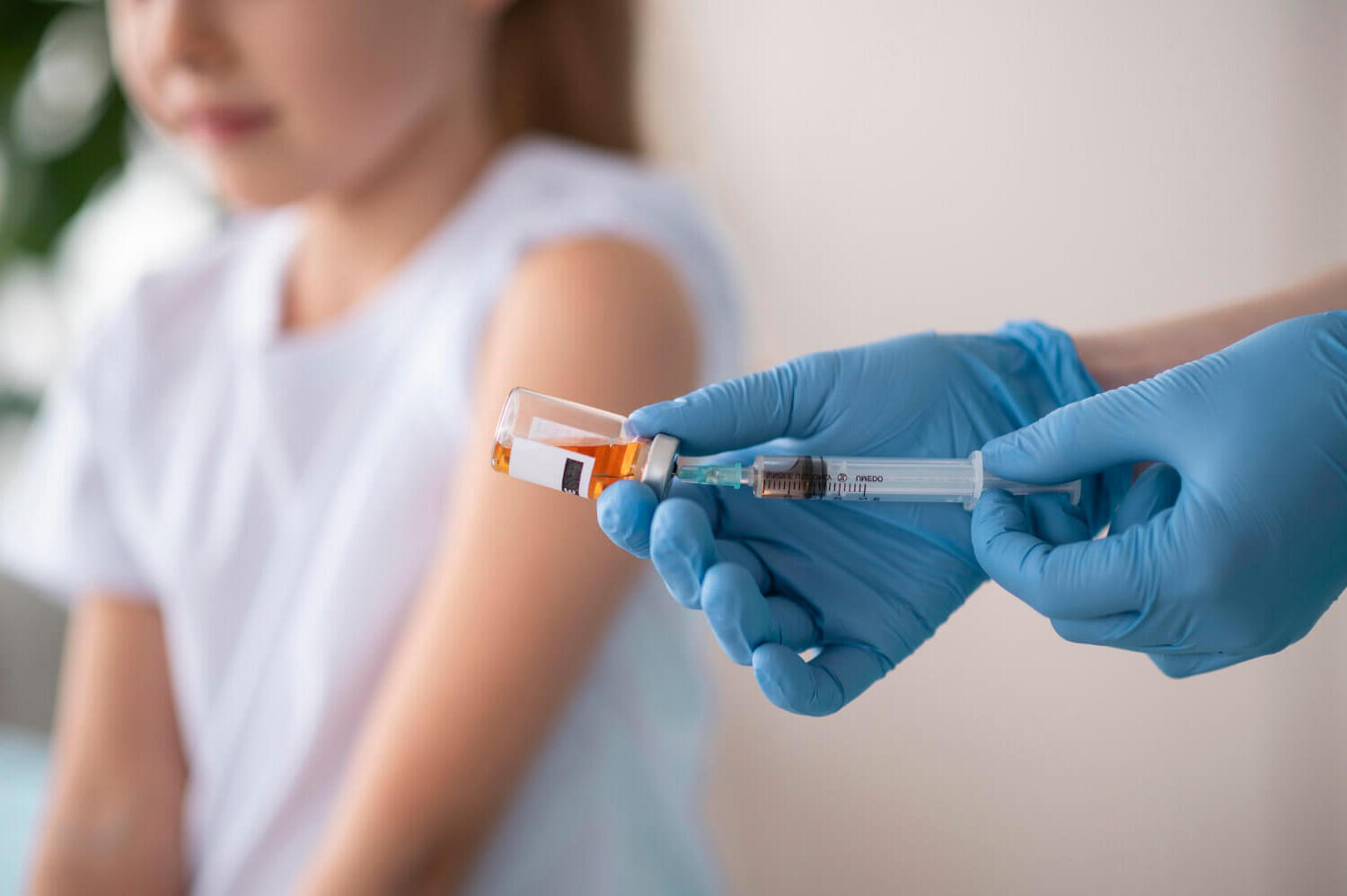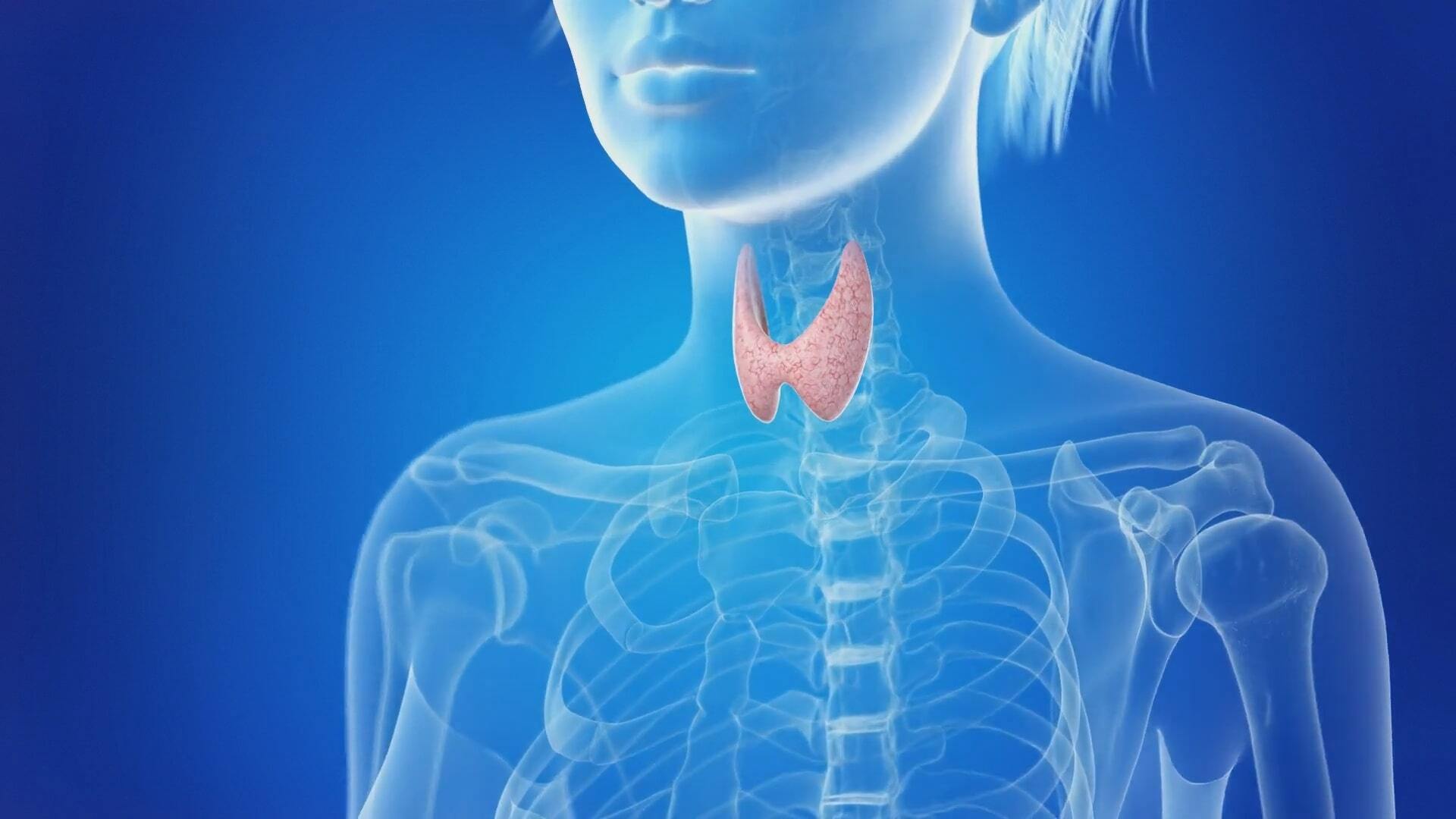
Growth Hormone (GH), also known as somatotropin, plays a crucial role in human development. This powerful hormone, produced by the pituitary gland, influences growth, cell repair, and metabolism. Why is GH so important? It helps children grow taller, increases muscle mass, and strengthens bones. In adults, GH maintains healthy tissue and organs. However, too much or too little GH can lead to health issues. Conditions like gigantism, acromegaly, and dwarfism are linked to GH imbalances. Understanding GH's functions and effects can help manage these conditions better. Let's dive into 24 fascinating facts about this essential hormone.
What is Growth Hormone?
Growth Hormone (GH), also known as somatotropin, plays a crucial role in growth, metabolism, and overall health. Here are some fascinating facts about this essential hormone.
-
Produced by the Pituitary Gland: GH is secreted by the pituitary gland, a pea-sized organ located at the base of the brain.
-
Stimulates Growth in Children: GH is vital for normal growth in children, helping bones and muscles develop properly.
-
Regulates Body Composition: It helps regulate body composition, including muscle and fat distribution.
-
Affects Metabolism: GH influences how the body uses fats, proteins, and carbohydrates.
How Growth Hormone Works
Understanding the mechanics of GH can shed light on its importance in the body.
-
Promotes Protein Synthesis: GH stimulates the production of proteins, which are essential for muscle growth and repair.
-
Increases Calcium Retention: It enhances calcium retention, which is crucial for bone strength.
-
Stimulates the Immune System: GH boosts the immune system, helping the body fight off infections.
-
Enhances Lipolysis: This hormone promotes the breakdown of fats, providing energy for the body.
Growth Hormone Deficiency
GH deficiency can lead to various health issues. Here are some key points about this condition.
-
Causes Short Stature in Children: A lack of GH can result in stunted growth in children.
-
Leads to Increased Fat Mass: Adults with GH deficiency often experience increased body fat, especially around the waist.
-
Reduces Muscle Mass: GH deficiency can lead to decreased muscle mass and strength.
-
Affects Bone Density: Low levels of GH can result in weaker bones, increasing the risk of fractures.
Growth Hormone Therapy
GH therapy can help treat deficiencies and other conditions. Here’s what you need to know.
-
Used to Treat GH Deficiency: GH therapy is commonly used to treat children and adults with GH deficiency.
-
Administered via Injections: GH is typically given through daily injections.
-
Improves Growth in Children: GH therapy can significantly improve growth rates in children with GH deficiency.
-
Enhances Quality of Life in Adults: For adults, GH therapy can improve energy levels, muscle mass, and overall quality of life.
Risks and Side Effects of GH Therapy
While GH therapy can be beneficial, it’s not without risks. Here are some potential side effects.
-
Joint and Muscle Pain: Some people experience joint and muscle pain during GH therapy.
-
Swelling: GH therapy can cause swelling in the arms and legs due to fluid retention.
-
Increased Risk of Diabetes: There’s a potential risk of developing diabetes with long-term GH therapy.
-
Carpal Tunnel Syndrome: Some individuals may develop carpal tunnel syndrome as a side effect.
Natural Ways to Boost Growth Hormone
Certain lifestyle changes can naturally increase GH levels. Here are some tips.
-
Exercise Regularly: High-intensity exercise can boost GH production.
-
Get Enough Sleep: GH is primarily released during deep sleep, so getting enough rest is crucial.
-
Eat a Balanced Diet: Consuming a diet rich in protein, healthy fats, and complex carbohydrates can support GH production.
-
Reduce Sugar Intake: High sugar levels can inhibit GH release, so reducing sugar intake can help maintain healthy GH levels.
The Final Word on Growth Hormone
Growth hormone plays a crucial role in our bodies, influencing everything from height to metabolism. Understanding GH helps us appreciate how our bodies grow, repair, and maintain themselves. It’s fascinating how this hormone impacts muscle growth, bone density, and even mood. Knowing the signs of GH deficiency or excess can lead to better health management. Treatments like GH therapy offer hope for those with deficiencies, but they come with risks and benefits that need careful consideration.
In sports, GH remains a controversial topic due to its performance-enhancing potential. However, its legitimate medical uses are undeniable. As research continues, we’ll likely uncover even more about this powerful hormone. Staying informed about GH can help you make better health choices and understand your body’s needs. Keep learning and stay curious about how your body works!
Was this page helpful?
Our commitment to delivering trustworthy and engaging content is at the heart of what we do. Each fact on our site is contributed by real users like you, bringing a wealth of diverse insights and information. To ensure the highest standards of accuracy and reliability, our dedicated editors meticulously review each submission. This process guarantees that the facts we share are not only fascinating but also credible. Trust in our commitment to quality and authenticity as you explore and learn with us.


